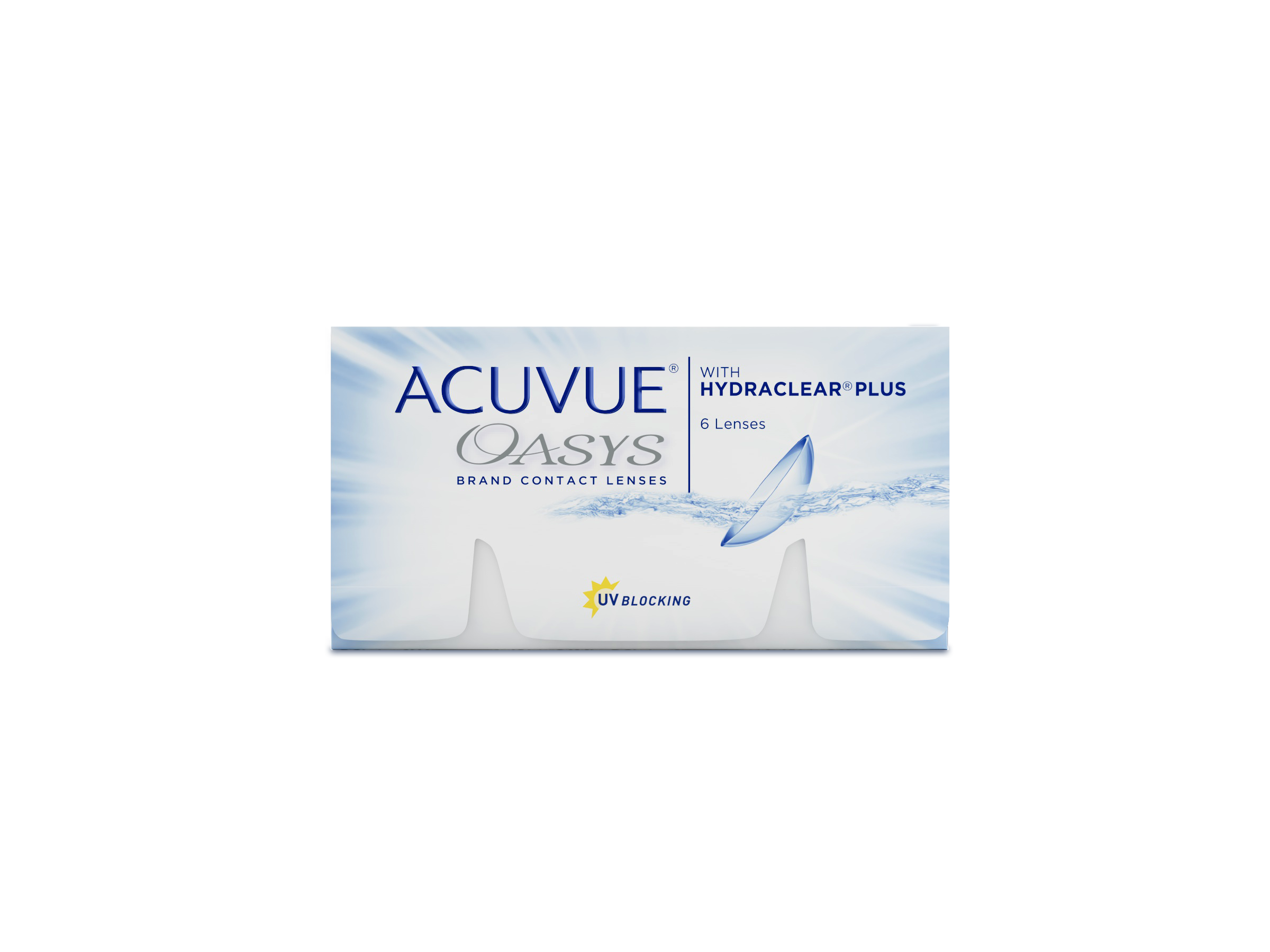Common vision issues: What to know
Not all blurry vision has the same underlying cause. There are four main types of vision issues that can be corrected with glasses or contact lenses, which you can explore below.


What is Myopia, or Short-sightedness?
Short-sightedness, or myopia, is a very common vision problem that can usually be corrected with glasses or contact lenses. If you’re Short-sighted (Myopic), your vision is clear when you look at things up close, but objects that are further away are out of focus or blurred.
What is Hyperopia, or Long-sightedness?
Long-sightedness, or hyperopia (orig. hypermetropia), is a common vision problem that can normally be corrected with contact lenses or glasses. If you are Long-sighted (Hyperopic), you can see objects clearly at a distance but find it hard to focus on things close to you. As people with Long-sightedness get older, seeing at a distance can become more difficult as well. In cases of high Hyperopia, it can be difficult to focus on objects at any distance.
ACUVUE® products made for Short-sightedness and Long-sightedness
What is Astigmatism?
Astigmatism is a very common eye condition that can affect one or both eyes. Astigmatism can result in blurred or distorted vision at all distances. It can affect people at any age and often people with Astigmatism are either Short-sighted or Long-sighted too.
What is Presbyopia?
Presbyopia is difficulty in seeing up close that begins to affect everyone from their early forties. As you age your eyes' ability to focus easily on nearer objects is affected. This happens because the lens inside the eye progressively loses some flexibility, which is called Presbyopia.
Footnotes
1. Walline J, Myopia control – a review. ECL 2016; 42 (1):3-8
All ACUVUE® contact lenses have UV Blocking to help provide protection against transmission of harmful UV radiation to the cornea and into the eye. UV absorbing contact lenses are NOT substitutes for protective UV absorbing eyewear such as UV absorbing goggles or sunglasses because they do not completely cover the eye and surrounding area. You should continue to use UV absorbing eyewear as directed by your optician.
*T&Cs apply: 1 trial per person. 18+. Professional consultation and fitting fees may apply and are not included. Subject to Optician approval. Participating Opticians only. For full terms and conditions see here.
Filtering of HEV light by contact lenses has not been demonstrated to confer any systemic and/or ocular health benefit to the user. The Eye Care Professional should be consulted for more information.
Important information for contact lens wearers: ACUVUE® Contact Lenses can be used for vision correction. An Eye Care Professional will determine whether contact lenses are right for you. Although rare, serious eye problems can develop while wearing contact lenses. To help avoid these problems, follow the wear and replacement schedule and instructions on proper lens care. Do not wear contact lenses if you have an eye infection, any eye disease or systemic disease, that may affect the eye, or if you are allergic to any ingredients. If you experience eye discomfort, excessive tearing, vision changes, redness or other eye problems, remove the lens and contact your Eye Care Professional immediately. For more information, including warnings and precautions, carefully read the Instructions for Use.
2024PP06262
![Box of ACUVUE[^®] OASYS MAX 1-Day contact lenses Box of ACUVUE[^®] OASYS MAX 1-Day contact lenses](https://images.contentstack.io/v3/assets/blt541542d4b6d9d1cc/blt35641da459508f27/658c34324135c409ab568af4/ACUVUE_Packshot_OASYS_MAX_1D_30P_Front_Shadow_Only_NO_UV_1080.png?branch=prod_alias)
![ACUVUE[^®] OASYS 1-Day contact lenses with HydraLuxe[^®] 30-Pack ACUVUE[^®] OASYS 1-Day contact lenses with HydraLuxe[^®] 30-Pack](https://images.contentstack.io/v3/assets/blt541542d4b6d9d1cc/bltefa7ae034eabf41e/658c34774135c42aec568af6/online-ACUVUE_Packshot_OASYS_1D_w_HydraLuxe_30P_Front_Transparent_NO_UV_PNG_1080.png?branch=prod_alias)
